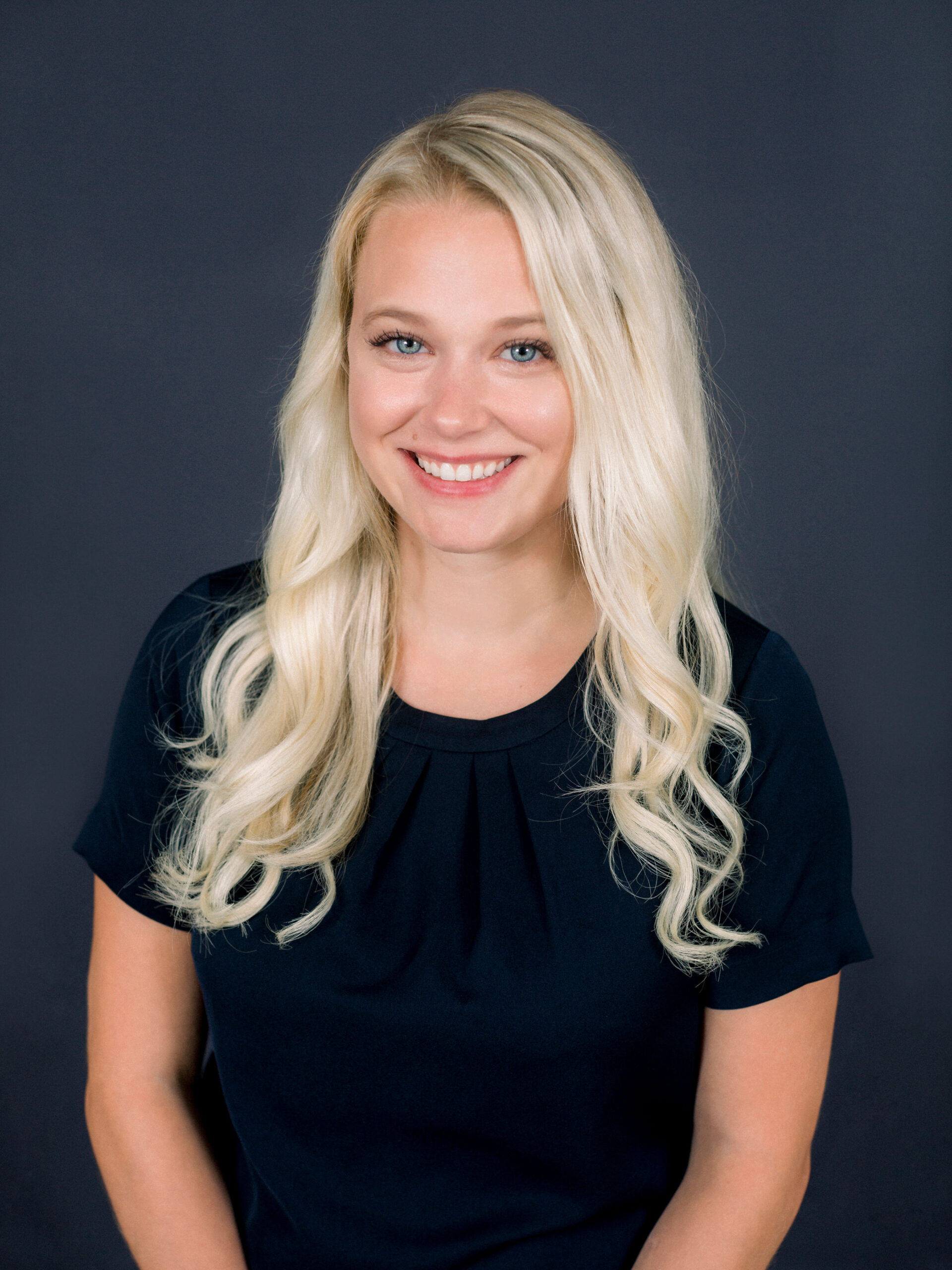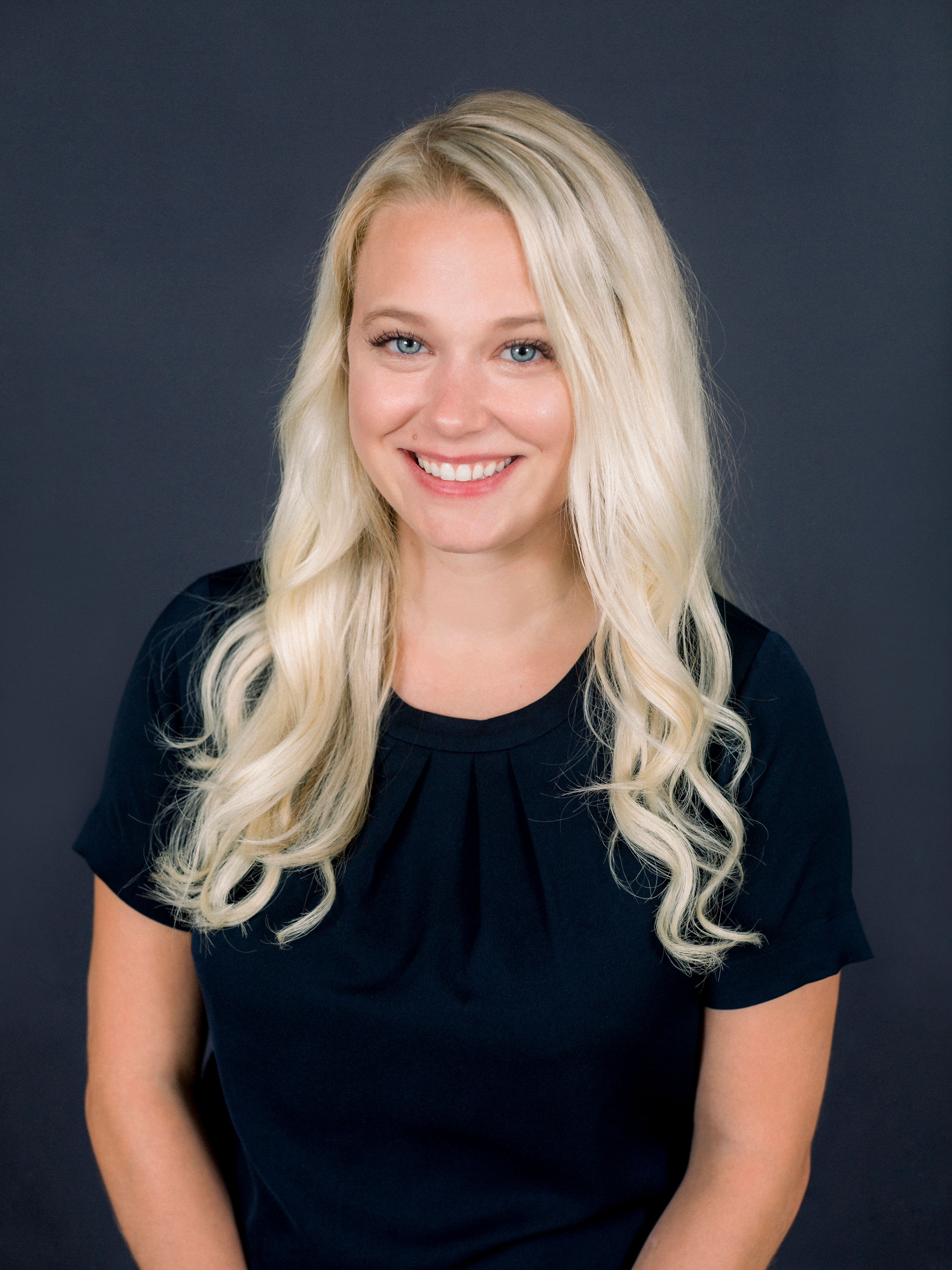
 Jessica Luebbering
Jessica LuebberingWhile we don’t know what the school year will be like this year, as parents and caregivers we want to give our children the right environment and habits to succeed.
One of those habits is establishing healthy sleep patterns.
Getting enough sleep benefits children in many ways. For starters, well-rested children tend to behave better. They learn better, too. And they may have fewer illnesses since sleep is good for the immune system.
For sleepy kids, it’s a different story. Being drowsy can make children crabby, and it’s hard to concentrate on school work when they’re tired. Worse, chronically sleepy children may have a higher risk for health problemm, including obesity, high blood pressure, headaches and depression.
Even though sleep is essential, all too often children fall short. So it’s important to make sure children head off to bed early enough to get enough hours of nightly shut-eye. Experts say children need this much sleep (including naps):
Infants — 12 to 16 hours.
Toddlers — 11 to 14 hours.
Preschoolers — 10 to 13 hours.
Grade-schoolers — nine to 12 hours.
Teens — eight to 10 hours.
These tips from the American Academy of Pediatrics may help if your child has trouble falling asleep despite sticking to a bedtime:
- Wind down. As bedtime approaches, keep noises to a minimum. Dim the lights. Darkness promotes melatonin (a sleep-inducing hormone).
- Turn off the tech. Avoid letting children watch or listen to upsetting or scary content within two hours of bed, and make sure they avoid TV, smartphone, tablet or other screens within an hour of their bedtime. Some content can be too stimulating, and the blue light from screens can interfere with the body’s release of melatonin.
- Start a relaxing routine. You might have your children brush their teeth and read a book or take a warm bath before heading off to sleep.
- Turn down the heat. It’s easier to fall asleep in a bedroom that is a little bit on the cool side.
- Watch the caffeine. Encourage your kids to limit or avoid caffeinated beverages four to six hours before bed.
- Set a good example. Go to bed on time yourself.
Jessica Luebbering is a pediatrician with Capital Region Physicians Pediatrics. She earned her medical degree from A.T Still University Kirksville. She completed her residency in pediatrics at University of Missouri Health Care Columbia. Luebbering recently joined the group and is accepting new patients.